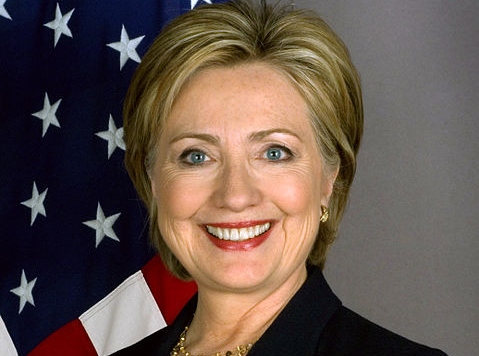ANNIKEN GROENENG
Guest Writer
gronenaa@plu.edu
Ag-gag laws first saw the light in the 1990s when state legislators made it a crime to take pictures or shoot videos in farms and slaughterhouses without the owner’s consent. Legislation has since become more punitive, and in addition to criminalizing people who report animal cruelty, it also makes it illegal to report environmental and labor violations. People supporting these laws are usually big agricultural groups that don’t want anyone to meddle in their affairs.
To detect violations, animal rights activists go undercover, seeking temporary employment with the prospect of documenting any type of abuse. Once they have obtained evidence, they quit the job and bring the evidence to the authorities. Most go undercover in the meat industry—at farms and slaughterhouses—but also in research labs, puppy mills, zoos and circuses.
January of last year in Washington, Rep. Joe Schmick, presented and introduced House Bill 1104, commonly known as an “ag-gag” bill, for a hearing before the Public Safety Committee. To the joy of animal rights activists, it failed to pass the committee. Had the law gone into effect, it would criminalize investigators who expose violations on animal facilities.
The interesting part with these laws is that they do not only make it easier for animal cruelty to pass by unnoticed, but also block exposure of food safety threats, unsafe labor conditions and environmental violations. In 2007, an investigator from the Humane Society went undercover at the Hallmark/Westland slaughterhouse in California, where he filmed cows too sick or injured to stand up being kicked, stabbed and lifted with forklifts, all in the effort of forcing the cows into the slaughter room. The slaughter plant was a meat supplier to the National School Lunch Program, delivering beef to schools in 36 states. The videos obtained there prompted the largest meat recall in U.S. history.
The worst part is not only the pain these cows suffered, but that this slaughter plant was federally inspected. Had ag-gag laws been enacted, this would most likely go undetected. If the meat we eat comes from sick animals, should we not know about it? Proponents of ag-gag laws clearly doesn’t want people to know. All the laws suggest to the public is that animal industries, in particular the agricultural industry, has something to hide.
Luckily, more ag-gag laws have failed than have passed, as many states have declared them unconstitutional—prosecuting people who expose animal cruelty clearly violates free speech rights. However, nine states practice ag-gag laws. This is extremely sad.
Not only are these laws unconstitutional, but they also seek to silence the debate of animal welfare and food safety, which I think violates basic democratic rights. It creates an environment that discourages people from reporting illegal activities. A country that values freedom should punish the people who commit cruelty, not the people who expose it.

















